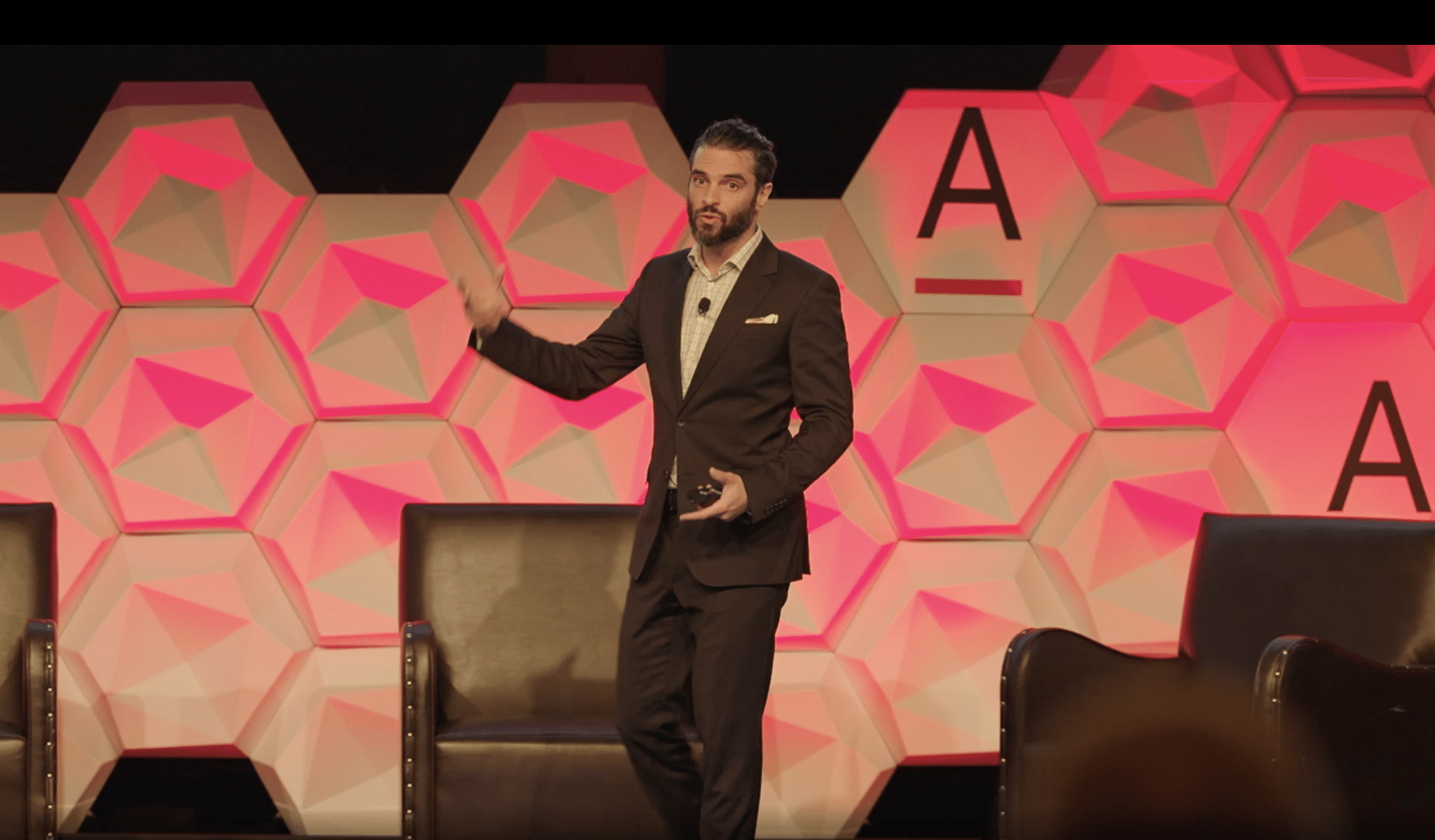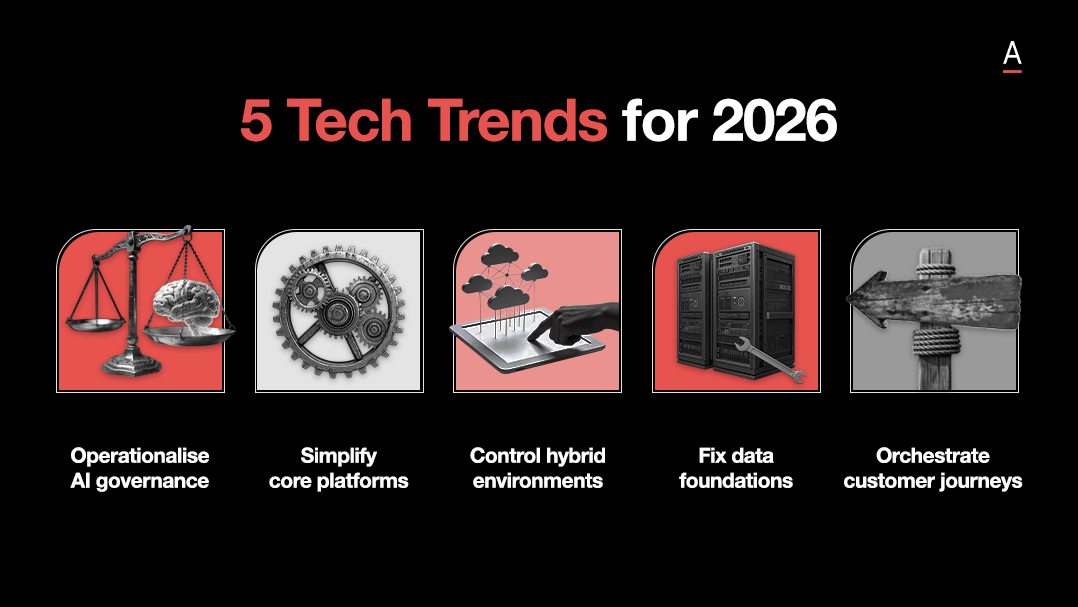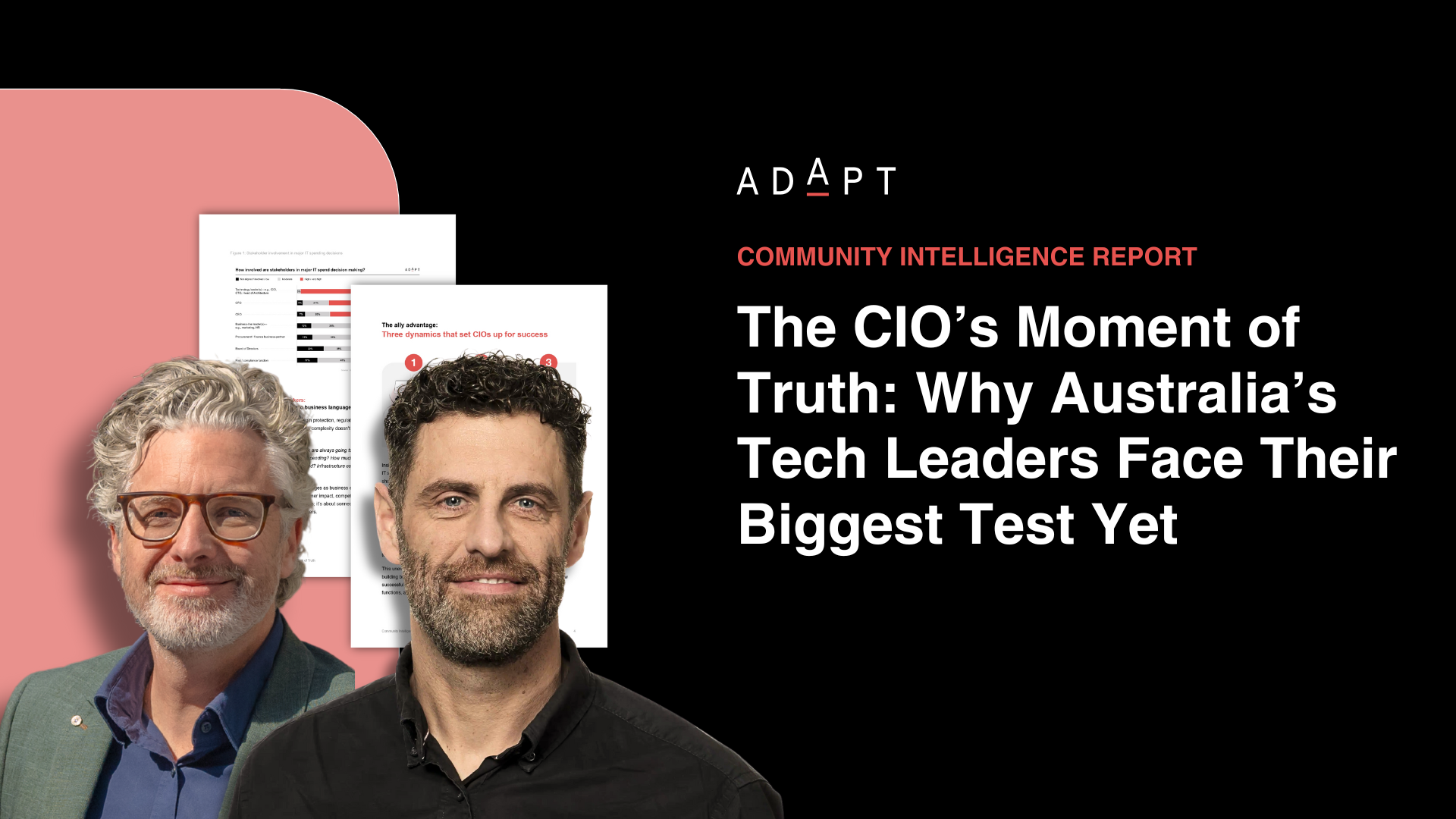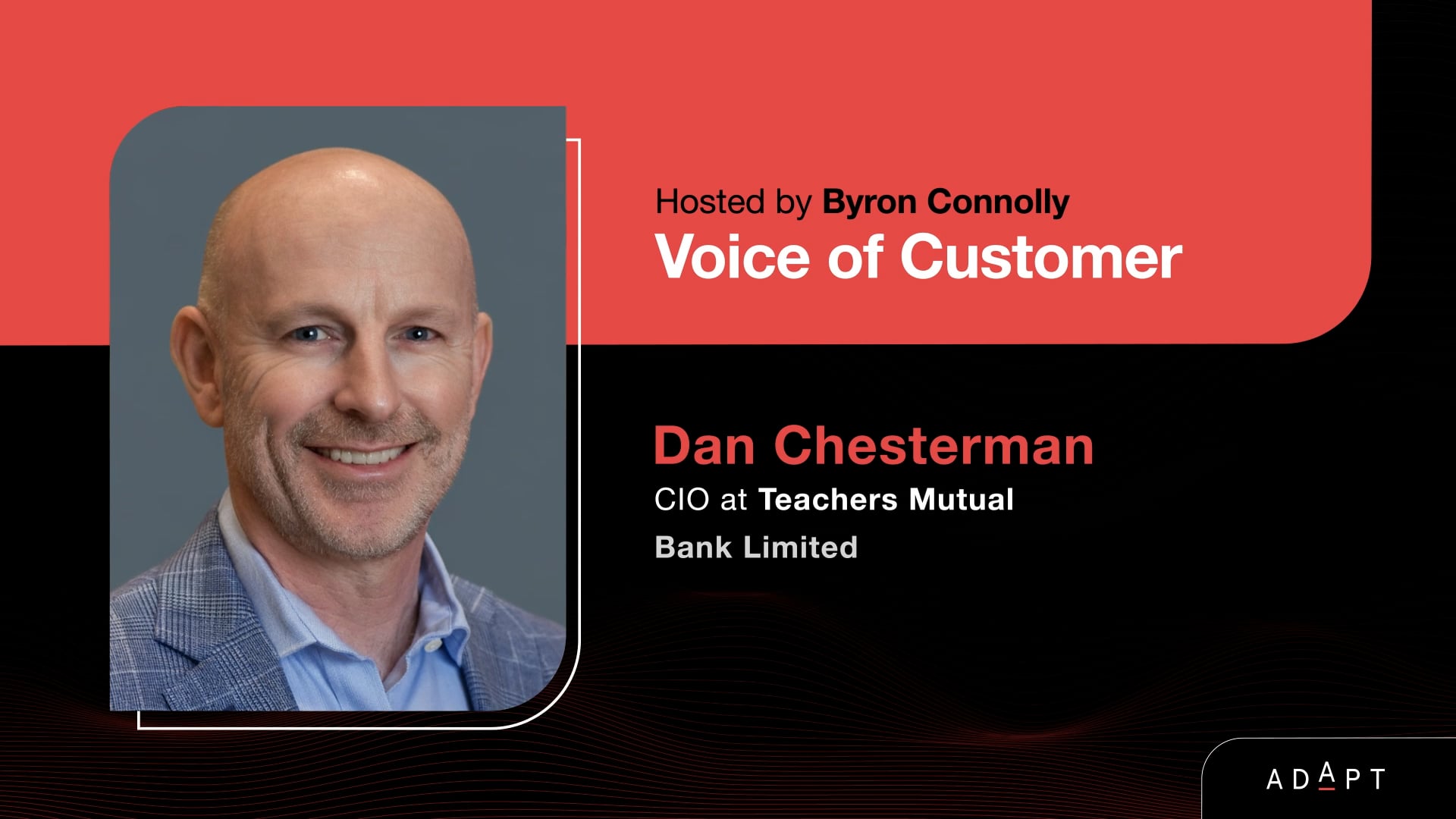How Leaders Can Benchmark their Performance with the EVR
Achieving true exponential growth requires modernisation, digitisation, coupled with the skills and mindsets to succeed. By de-mystifying the data, ADAPT's Senior Research Analyst, Gabby Fredkin, reveals top challenges for CIOs in achieving this.Building a trusted and secure organisation is one of the top initiatives and challenges facing organisations in 2023.
This is closely related to the major data breaches of 2022. The loss of customer trust and damage to brands occurred when organisations failed to ensure data privacy.
ADAPT’s Senior Research Analyst, Gabby, Fredkin, shares why achieving true exponential growth requires modernisation, digitisation, coupled with the skills and mindsets to succeed. By de-mystifying the data, Gabby reveals the top CIO initiatives and challenges in achieiving tech-enabled growth in 2023.
As an organisation’s percentage of public cloud usage grows, so does the predictive value of modernisation. Low modernised organisations have 24 % of their workloads in the public cloud.
Highly modernised organisations have 60% of their workloads in the cloud. In addition, highly modernised organisations tend to be better at managing IT, security, and cyber resilience.
A cost-effective EVR framework relies on digitisation and connecting people. In this way, a digital first mindset is enforced, and departments are able to connect and collaborate with one another. Digitally savvy individuals are much more effective at capturing value from operations and customer interactions.
By examining the EVR and metrics used, Gabby determines whether an organisation can become exponential.
Key Takeaways:
- Attracting and retaining talent: You need the right skills, literacy and digital savviness in teams to deliver on initiatives. For your organisation to become truly exponential, you need the right people with the right mindsets and skills.
- Key technology inhibitors: legacy mindsets and processes, stagnant budgets, competing business priorities.
- Organisation that are highly modernised are better at supplying IT and project prioritisation and organisations that have high degrees of digital savviness in leadership and staff are better at being purpose driven.





























